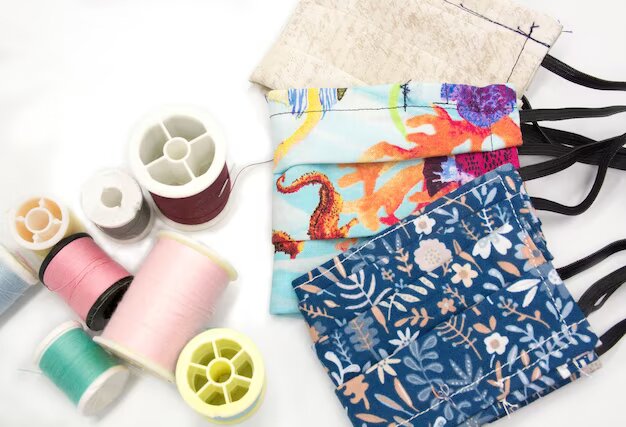Innovative Techniques in Creating Sustainable Textiles

Introduction to Sustainable Textiles
Sustainable textiles are an integral part of the growing movement towards environmentally conscious and ethical fashion. In a world grappling with the environmental impact of fast fashion, sustainable textiles offer a promising solution.
The production of sustainable textiles involves a shift towards eco-friendly fiber options such as organic cotton, hemp, and bamboo. These alternatives reduce the use of harmful pesticides and chemical fertilizers, minimizing soil and water pollution. Furthermore, sustainable textile manufacturing processes focus on reducing water usage, energy consumption, and waste generation.
Sustainable Fiber Production Techniques

Sustainable fiber production techniques play a vital role in reducing the environmental impact of the textile industry.
These techniques focus on minimizing resource consumption, adopting eco-friendly practices, and promoting ethical production processes.
Embracing organic cotton, hemp, and bamboo as alternatives to conventional fibers significantly reduces the use of harmful chemicals and promotes biodiversity.
Additionally, innovative approaches to reduce water usage in fiber production, such as water-efficient irrigation systems, help conserve this precious resource.
Recycling and Upcycling in Textile Production

Textile recycling involves the collection, sorting, and processing of used textiles to create new products. Advanced recycling technologies break down textiles into fibers, which can be spun into yarns and woven into new fabrics.
This closed-loop approach helps conserve resources, reduce greenhouse gas emissions, and minimize the environmental impact associated with textile production.
Upcycling, on the other hand, involves creatively repurposing textile waste or pre-owned garments to create new, higher-value products.
By transforming discarded textiles into unique and fashionable items, upcycling promotes resourcefulness and minimizes the need for new production.
Sustainable Textile Manufacturing Processes

Sustainable textile manufacturing processes are integral to creating a more environmentally friendly and socially responsible fashion industry.
These processes aim to minimize the ecological footprint of textile production, reduce the use of hazardous chemicals, and promote resource efficiency.
Implementing sustainable textile manufacturing processes also involves promoting fair and ethical labor practices.
Ensuring safe working conditions, fair wages, and respect for workers’ rights are essential for creating a truly sustainable textile industry.
Future Trends and Outlook
One prominent trend is the development and adoption of new sustainable materials. Researchers and innovators are constantly exploring alternative fibers, such as pineapple leaf fiber , seaweed-based textiles, and lab-grown or bioengineered fabrics.
These materials offer the potential to reduce the ecological impact of textile production, enhance performance characteristics, and provide versatile options for designers and manufacturers.

the future of sustainable textiles is driven by innovation, technology, and a commitment to environmental and social stewardship. As the industry embraces new materials, adopts advanced manufacturing techniques, and prioritizes circularity, a more sustainable and responsible fashion ecosystem will continue to evolve, meeting the demands of conscious consumers and shaping a brighter future for the planet.
